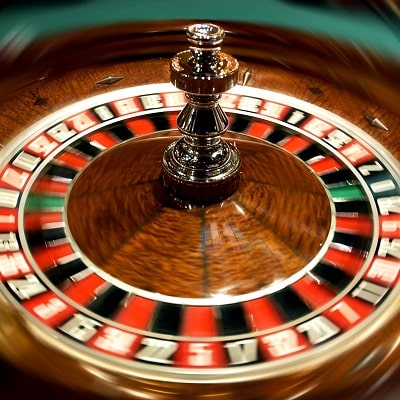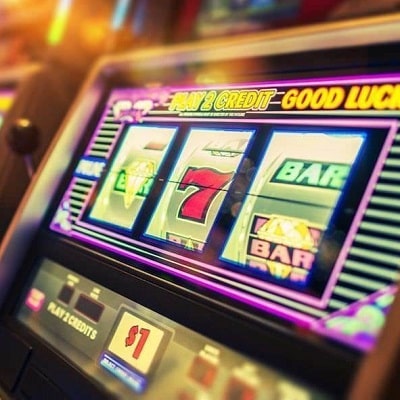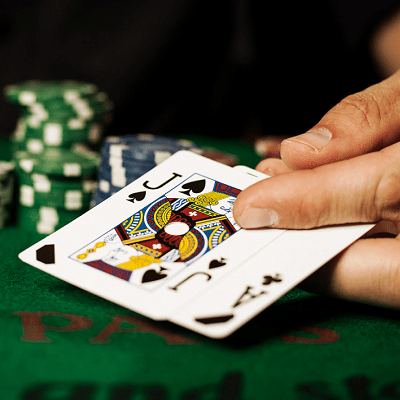Mathematical superiority of casinos in blackjack
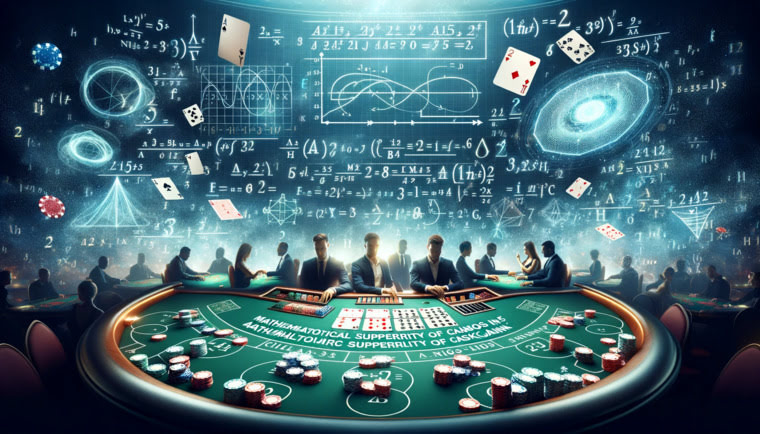
Blackjack, a staple in the world of casino gaming, is often lauded for its blend of skill and chance. However, a deeper dive into its mechanics reveals a hard truth: casinos hold a mathematical superiority over players. This article explores the mathematical edges that casinos enjoy in blackjack and how players can mitigate these advantages.
The Mathematics of Blackjack Odds
At its core, blackjack is a game of probability. The house edge – a statistical advantage enjoyed by the casino – is inherent in the game’s design. For instance, the fact that players act first means they can bust (exceed 21) before the dealer even plays. This simple rule skews the odds in favor of the house. Additionally, while both players and dealers have an equal chance of hitting a blackjack, the payout differences (3:2 versus 1:1 for the dealer) further contribute to the casino’s edge.
Role of Game Rules in Casino Advantage
The devil, as they say, is in the details, or in the case of blackjack, in the rules. Variations like the dealer standing on soft 17, the number of decks used, and restrictions on splitting and doubling down, subtly or significantly tilt the odds. Each rule adjustment recalibrates the game’s mathematical structure, usually in favor of the house. For instance, more decks increase the house edge due to a decrease in the probability of hitting a blackjack. Understanding these nuances is crucial for any player aiming to minimize the casino’s advantage.
The Importance of Basic Strategy in Reducing House Edge
One of the most effective tools a player has against the casino’s mathematical superiority is the basic blackjack strategy. This strategy dictates the optimal decision (hit, stand, double down, split) for every card combination against every dealer’s upcard. While it doesn’t eliminate the house edge, it minimizes it, ensuring that players make the mathematically best decision in every scenario.
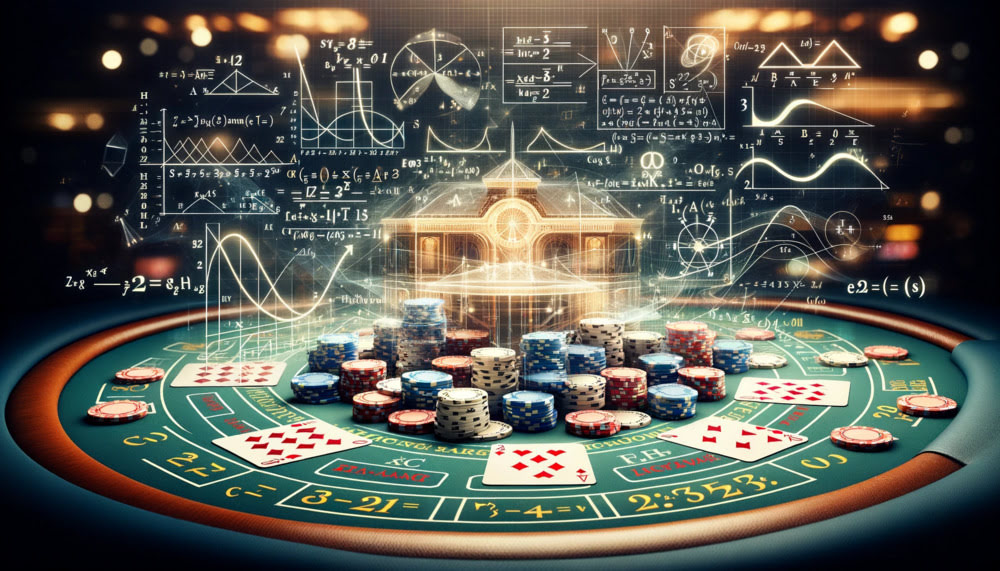
Card Counting and Its Effect on Casino Superiority
Card counting, a strategy used to track the ratio of high cards to low cards in the deck, can effectively turn the tables on the casino. By adjusting their bets and playing decisions based on the count, skilled players can gain an advantage over the house. However, casinos are aware of this strategy and have implemented measures like shuffling the deck more frequently and using multiple decks to counteract it.
Advanced Blackjack Strategies to Challenge the House
Beyond basic strategy and card counting, advanced techniques like shuffle tracking and identifying dealer tells can offer additional edges to the player. These strategies require a high level of skill and observation, and while they can be effective, they are difficult to master and implement.
Real-Life Examples of Casino Superiority in Blackjack
History is replete with tales of players who have challenged the casino’s edge. Famous cases like the MIT Blackjack Team’s exploits in the 1980s and 1990s highlight how a disciplined approach to card counting and team play can lead to significant profits. However, these stories also underscore the casinos’ relentless efforts to maintain their mathematical edge, through measures like banning successful card counters.
The mathematical superiority of casinos in blackjack is an indisputable aspect of the game. While players can employ strategies like basic strategy and card counting to reduce or even overturn this edge, the challenge is formidable. Understanding the odds, the impact of game rules, and the effectiveness of various strategies is crucial for any player looking to beat the house at its own game.

